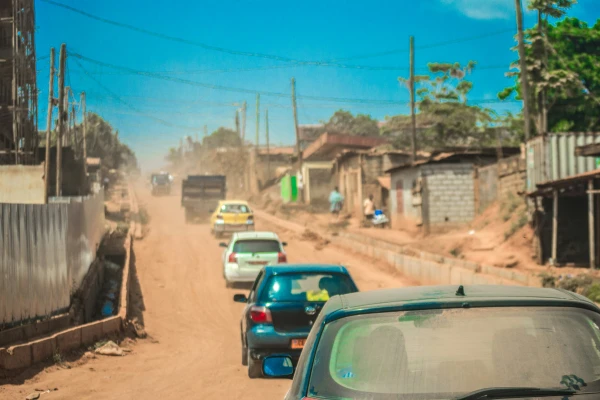
Checking the documents of foreign students requires a careful approach; however, its capabilities are limited by years of unchanged state funding and a limited number of staff, said Baiba Raminya, head of the Academic Information Centre (AIC), in an interview with the LETA agency.
She noted that there are no issues with the quality of the study programs offered to foreign students at Latvian universities. According to her, the very procedure of program accreditation confirms their compliance with standards.
During the accreditation process, the actual presence of students is not checked — this is handled by the State Education Quality Service and other responsible institutions, Raminya explained. She added that the state is already creating mechanisms, such as limiting visa issuance, to ensure that foreign students actually come to Latvia to study.
Raminya emphasized that the main challenge is often not the quality of the programs themselves, but attracting quality students. According to her, there are many successful examples in Latvia, including the medical programs of the Rīga Stradiņš University, whose graduates continue to work in Latvia.
The head of the AIC also acknowledged that the volume of diploma recognition has increased 30 times over the past 30 years — if in 1997, 27 documents were recognized, now their number exceeds 14,000. However, the capabilities of the AIC are limited by the amount of state funding for diploma recognition, which has not changed since 2014.
There is also a noted difference between the Baltic countries in providing information to foreign students. In Lithuania and Estonia, there are six people working in the international network "Enic/Naric," while in Latvia, there are only two, which may hinder access to information about study and living opportunities in the country.
"We can work 12 hours a day, but we still can't keep up. There are simply no resources. We do what we can," Raminya admitted.
Checking the documents of foreign students is a complex process that requires careful expertise. Raminya noted that working with copies of documents and slow responses from foreign institutions increase the risk of forgery — for example, a response from Cameroon came only after eight months.
Original documents can only be presented by those applicants who are in Latvia and can submit them in person. Therefore, documents are particularly carefully checked by embassies and the Office of Citizenship and Migration Affairs, which sees the originals when issuing visas.
If there are signs of possible forgery, the AIC informs universities, urging them to conduct careful assessments.
"It is the university's responsibility — whom they accept," the head of the center emphasized.
At the same time, she said that it cannot be said that those who merely imitate studying are coming to Latvia in large numbers: "Universities approach this quite responsibly." The situation is also monitored by security services.



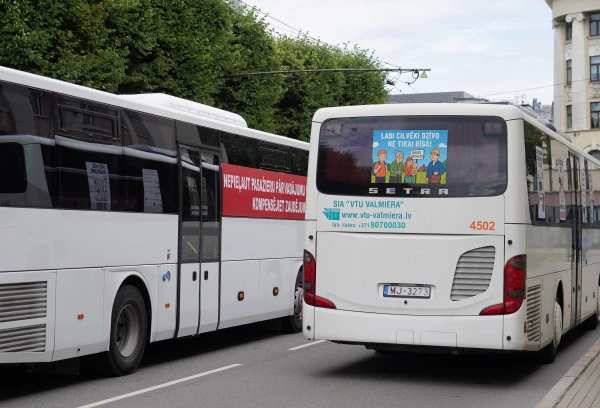

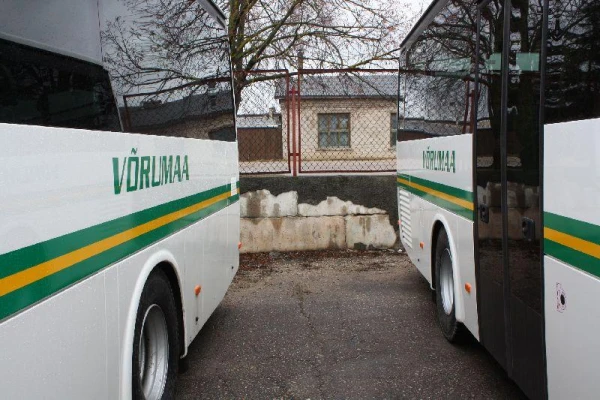
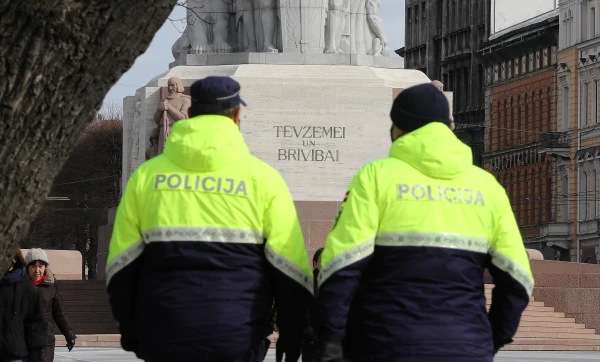
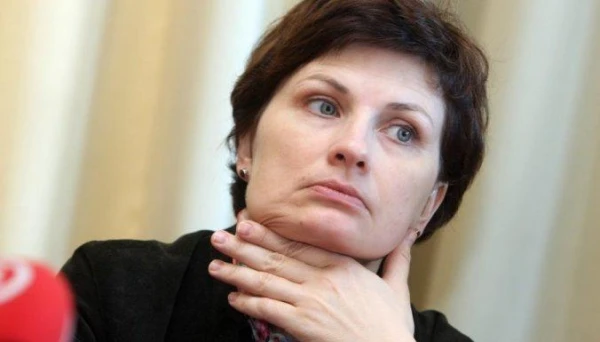




Leave a comment